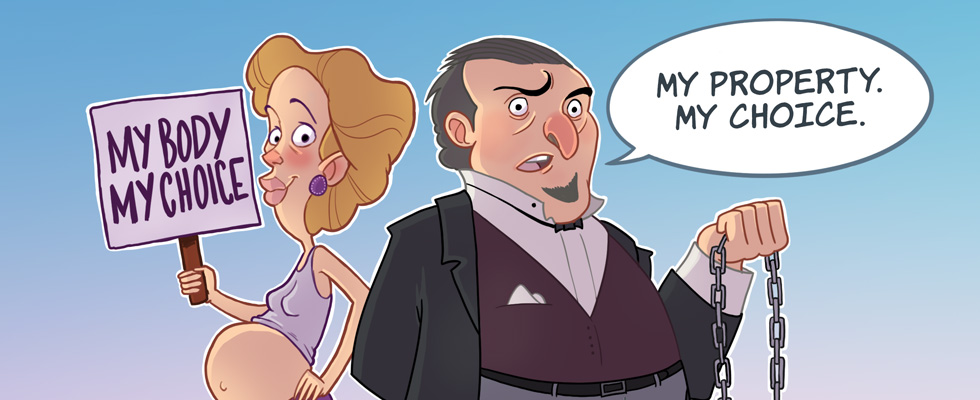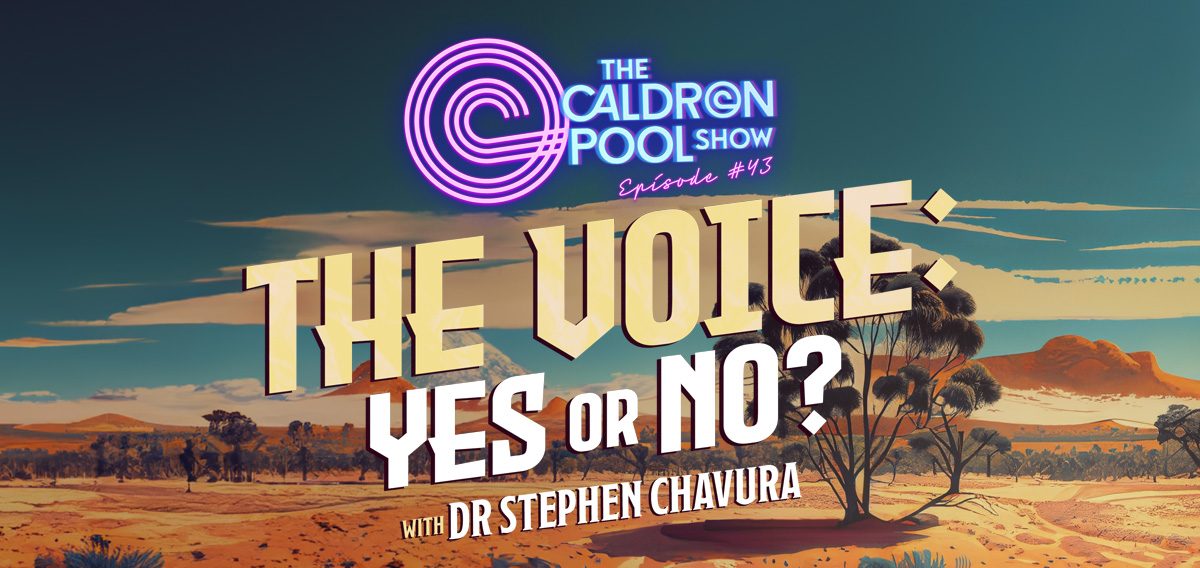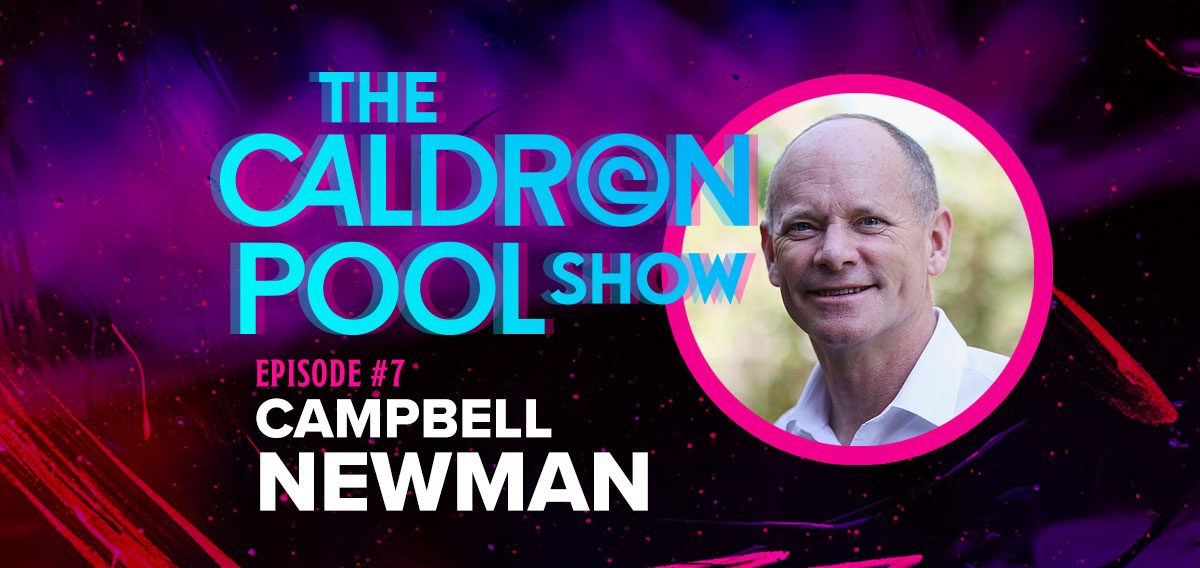A United Nations agency has released a report suggesting there is no conclusive evidence that pornography is harmful to children.
The report, punished by the UN Children’s Fund (UNICEF), based its findings on a European study of 19 EU countries that found most children who saw pornography online were “neither upset nor happy.”
UNICEF’s report, which addresses how government policy can be used to protect children from abusive and violent content online, states:
“The 2020 EU Kids Online study compared survey findings from 19 European countries and found that in most countries, most children who saw sexual images online were neither upset nor happy (ranging from 27 per cent in Switzerland to 72 per cent in Lithuania); between 10 per cent and 4 per cent were fairly or very upset; and between 3 per cent of children (in Estonia) and 39 per cent (in Spain) reported feeling happy after seeing such images.”
According to a release from The Center for Family & Human Rights, the study concluded that some children and young people “intentionally seek out sexual content” for a variety of reasons and that seeing sexual images” might also represent an opportunity” to provide answers to questions about puberty and sexual identity.
Furthermore, the Center notes: “UNICEF says any efforts to block children from accessing pornography online might infringe on their human rights. UNICEF bases this claim on an expansive interpretation of the International Covenant on Civil and Political Rights.”
UNICEF’s report states:
“Discussions around the application of age assurance tools are also closely intertwined with industry’s responsibility to respect human rights, as outlined in the United Nations Guiding Principles on Business and Human Rights. The Children’s Rights and Business Principles call on businesses to ‘meet their responsibility to respect children’s rights and to commit to supporting the human rights of children.’”
Adding:
“The term ‘pornography’ has many legal definitions within different jurisdictions, so it is not always clear across the literature that consistent definitions are being used. Top-ranking digital sexuality education media worldwide accessed by children include websites, apps and YouTube vloggers, most of which are in the English language and based in the US. Some of this content may be classified as ‘pornography’ in certain contexts: if it were age restricted, this could deny children access to vital sexuality education materials.”
The Center for Family & Human Rights said experts disagree with UNICEF’s data.
Lisa Thompson, vice president and director of the Research Institute at the National Center of Sexual Exploitation, said: “UNICEF’s report ignores the vast body of research demonstrating the harms of pornography to children. By ignoring the real harms pornography can have, UNICEF is playing roulette with children’s health and safety.”
As author and Caldron Pool contributor Kurt Mahlburg has noted, “Like so many aspects of the sexual revolution, our decades-long experiment with porn has provided us with mountains of research about its culture-wide impact.
“Its links to mental health problems, sexual dissatisfaction, infidelity and even crime have led American lawmakers to declare porn a public health crisis in 16 states.“
In case anyone needed further convincing, you can read Kurt Mahlburg’s ten reasons why pornography is a “Public Health Crisis” here. Also see our piece titled, Porn Is A Political Weapon: “Virtuous Men Are Hard to Get Shackles On”.



















